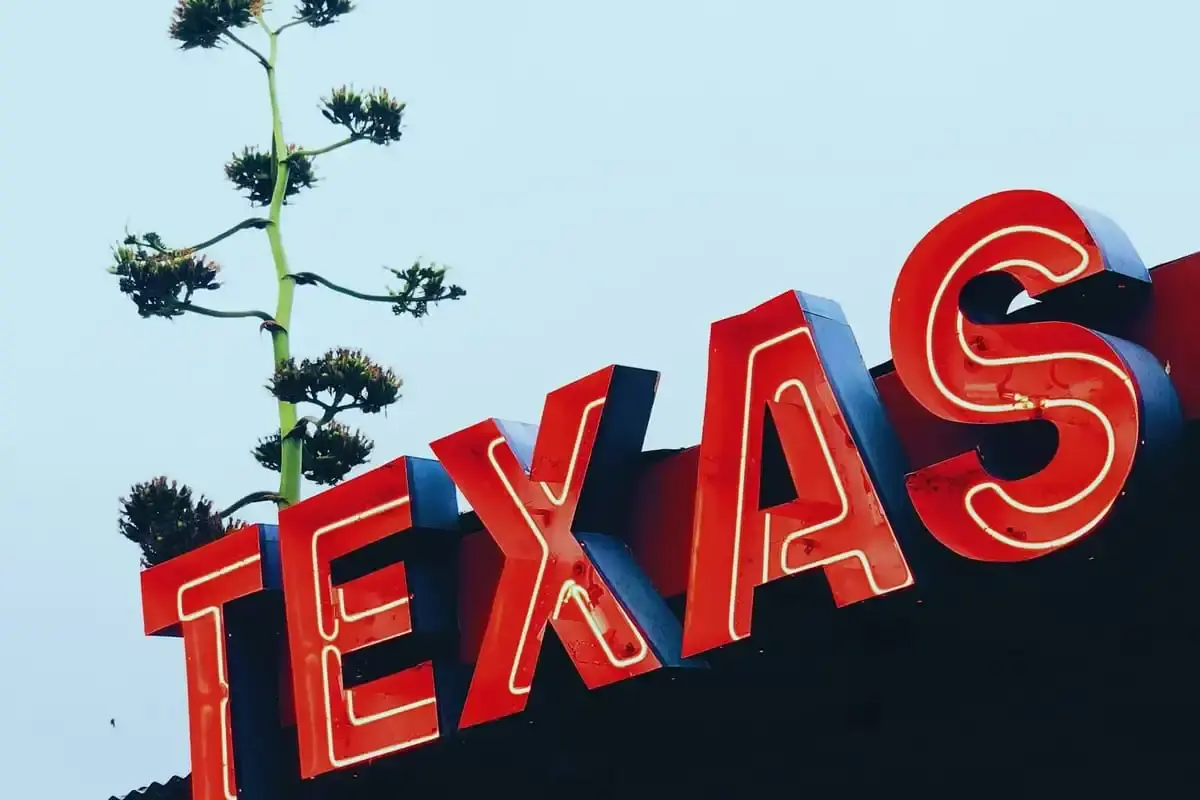Archive link: https://archive.ph/Tol6G
Some key excerpts:
All of the sites in Aylo’s network, including Pornhub, YouPorn, and Brazzers, are blocked in Texas, their homepages replaced with a message about the company’s rejection of age verification laws.
Pornhub has blocked access to its site in Texas during an ongoing legal battle with the state.
Texas Governor Greg Abbott signed HB 1181 into law in June, which would require not only verification of age through government ID, but for all adult sites to display in large font a message claiming to be from Texas Health and Human Services about pseudoscientific “dangers” of porn.
Today, Pornhub and all of the sites in Aylo’s network are inaccessible if you’re visiting them in Texas.
there’s a message about the company’s objection to age verification legislation:
“Dear user, as you may know, your elected officials in Texas are requiring us to verify your age before allowing you access to our website,” the message says. “Not only does this impinge on the rights of adults to access protected speech, it fails strict scrutiny by employing the least effective and yet also most restrictive means of accomplishing Texas’s stated purpose of allegedly protecting minors. While safety and compliance are at the forefront of our mission, providing identification every time you want to visit an adult platform is not an effective solution for protecting users online, and in fact, will put minors and your privacy at risk.”
Texas residents join users in Montana, North Carolina, Virginia, Louisiana, Arkansas, Mississippi, and Utah, all states where age verification laws have passed and Pornhub has blocked access in response. Ohio faces the possibility of being next.
Critics of these laws have highlighted the privacy and security risks of handing over one’s ID to websites in order to view legal entertainment online. Adult industry advocates propose device-level controls, as the blocked sites’ messages mention.
In August, Pornhub and several other porn sites sued to block the Texas age verification law from going into effect, and a judge granted a stay.
But Paxton appealed to the court’s injunction with the Fifth Circuit, and the law went into effect.




does this apply only to the internet? e.g. are you against laws that prevent stores from selling tobacco to minors because it’s their parents responsibility that they don’t smoke?
Im not saying Texas’ solution is a good idea, but also I feel it is at least weird this contradictory situation between the physical world and the internet
Your comparison won’t work here. One involves someone physically walking into a place to purchase a physical good. The check is as simple as to look at a valid ID and comfirm that the person in front of you matches. Yes, fake IDs are a thing, but they’re the exception and pretty hard to be convincing with.
Online this is significantly more difficult to handle without some heavy surveillance. How many times have you confirmed you read something when you didn’t, or that you where allowed to access something when you where not? A simple checkbox isn’t going to stop anyone from lying. For things like tobacco purchased over the internet there’s at least the protection that short of fraud if someone had a credit card it can be validated that they’re of age.
The law is performative at best. Even if you got every major US site to comply, new ones out of the reach of TX are all over the globe, not to mention avenues like BitTorrent.
I get what you’re saying, but it’s not a black and white situation. Drugs and porn are not the same category. One will have life-changing effects, the other usually won’t.
Plus, parents have the ability to mostly control a child’s access to inappropriate content, as well as tobacco shops.
It applies in the real world and the Internet on a case by case basis depending on the inherent dangers of the content.
There are definitely some people that have gotten really fucked up ideas about sex from unexamined consumption of porn. Not that that means it shouldn’t be available, but it’s not like totally devoid of impact.
Honestly a little acid would probably do better things for your brain than excessive porn.